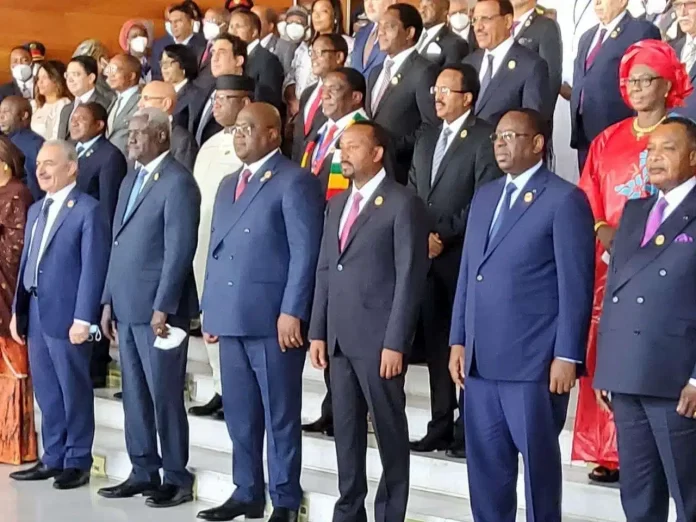ADDIS ABABA, Ethiopia – African leaders have pledged to increase access to education and healthcare for all Africans. The pledge was made at the African Union Summit, which was held in Addis Ababa, Ethiopia.
In the summit’s declaration, the leaders committed to “ensuring that all Africans have access to quality education and healthcare, regardless of their gender, race, ethnicity, or social status.” They also pledged to “increase investment in education and healthcare, and to work with partners to improve the delivery of these services.”
The pledge is a significant step towards improving the lives of Africans. Education and healthcare are essential for human development and economic growth. However, millions of Africans still lack access to these basic services.
According to the World Bank, over 250 million children in Africa are out of school. And, over 400 million Africans lack access to essential health services.
The pledge by African leaders to increase access to education and healthcare is a welcome development. It is now up to the leaders to implement their commitments and to ensure that all Africans have the opportunity to reach their full potential.
Education and healthcare are two of the most important factors for human development and economic growth. However, millions of Africans still lack access to these basic services.
According to the World Bank, over 250 million children in Africa are out of school. This is more than any other region in the world. And, over 400 million Africans lack access to essential health services.
The lack of access to education and healthcare has a number of negative consequences for individuals and societies. For individuals, it can lead to poverty, ill health, and social exclusion. For societies, it can lead to economic stagnation, social unrest, and political instability.
Challenges
There are a number of challenges that need to be addressed in order to increase access to education and healthcare in Africa. One challenge is the lack of resources. African governments often lack the financial resources to invest in education and healthcare.
Another challenge is the lack of infrastructure. Many parts of Africa lack schools, hospitals, and other essential infrastructure. This makes it difficult for people to access education and healthcare services.
Finally, there are a number of cultural and social barriers that prevent some people from accessing education and healthcare. For example, in some cultures, girls are less likely to be sent to school than boys. And, in some societies, there is a stigma associated with certain diseases, which can prevent people from seeking treatment.
The pledge by African leaders to increase access to education and healthcare is a welcome development. It is now up to the leaders to implement their commitments and to ensure that all Africans have the opportunity to reach their full potential.
The international community can also play a role in helping African countries to achieve their education and healthcare goals. This can be done by providing financial assistance, technical expertise, and other forms of support.
By working together, African governments and the international community can make a significant difference in the lives of millions of Africans.

